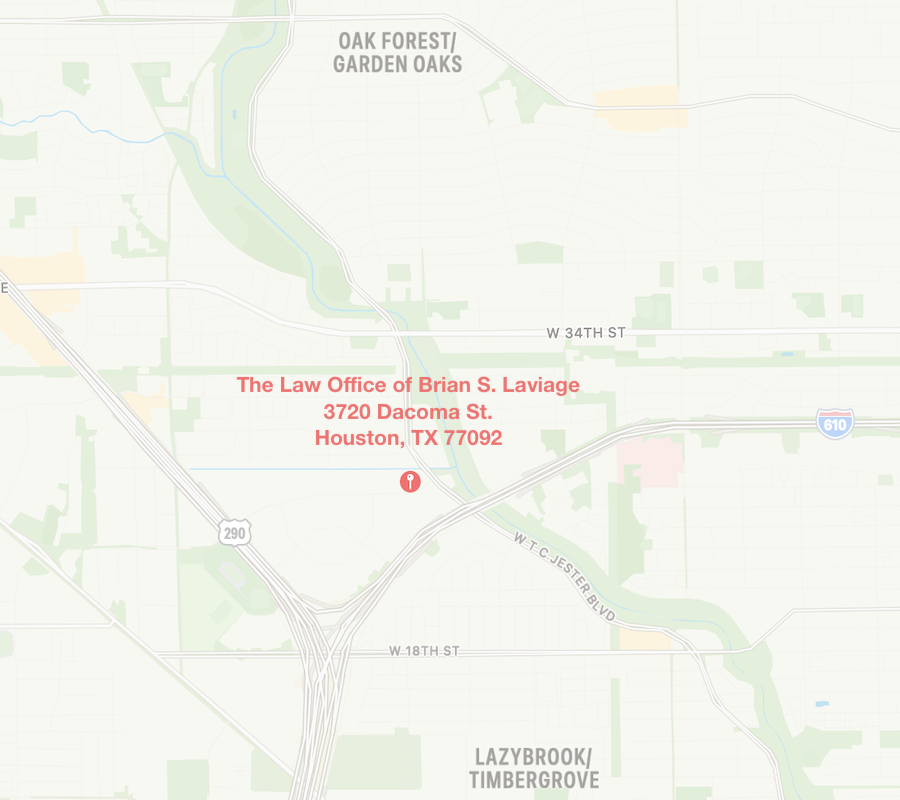Record Sealing in Texas: Everything You Need to Know
Sealing your record by an order of nondisclosure is the next best thing to record expunction for hiding criminal records from public access in Texas.
Our short eligibility test quickly determines if your criminal offense is eligible to be sealed or cleared. No contact information required:
What is an Order of Nondisclosure?
An Order of Nondisclosure, often referred to as record sealing in Texas, is a court order that prohibits disclosure of certain criminal records, effectively hiding these records from the public.
A nondisclosure order prohibits public entities such as courts and police departments from disclosing the record in question. However, certain agencies are excepted and will be able to access the information.
Record sealing also has another benefit: it legally frees you from disclosing information about the offense in response to questions on job applications.
Am I Eligible in Texas?
In order to obtain an order of nondisclosure, you must first qualify. Under Texas law, people are able to have their records sealed in a variety of circumstances.
Before September 1, 2015, eligibility for an order of nondisclosure was limited to those that had received (and succcessfully completed) deferred adjudication probation for the offense in question. Not all offenses are eligible, and having certain offenses on your criminal record can disqualify you from obtaining an order of nondisclosure from an otherwise eligible offense.
In general, ineligible and disqualifying offenses are in the following categories: - murder, capital murder, aggravated kidnapping - injury to or abandoning a child - certain family code offenses - stalking - any offfenses that require registration as a sex offender - any family violence.
In addition, you must wait a certain period of time after the court’s order of dismissal and discharge before seeking an order of nondisclosure. The wait time varies depending on if the offense in question is a felony and misdeamonors of various types.
How to Get an Order of Nondisclosure
Petitioning for an order of nondisclosure in Texas can be a complex process. Many cases involve providing notice to the state, setting a hearing date, convincing the judge that you are entitled to file the petition, and that issuance of the order itself is in the best interest of all parties.
If something goes wrong in this process, it is possible that your filing fee will not be refunded and you will be unable to petition the court again for some time, thereby delaying your ability hide your criminal record. In addition, many of the forms available online may not provide legal language for your particular situation, thus resulting in portions of your record unsealed.
It’s always a good idea to consult with a lawyer before beginning the petition for a nondisclosure. While a DIY approach is possible, legal services such as The Law Office of Brian S. Laviage provide an efficient, mostly hands-off process that is inexpensive as possible.
Nondisclosure vs. Expunction
The main difference between nondisclosure and expunction is that expunctions permanently remove an offense from a criminal record, while nondisclosures simply hide the offense from public disclosure.
Offenses that have an order of nondisclosure are still visible to criminal justice and licensing agencies, as well as certain government entities.
Consult a Record Clearing Lawyer
Our lawyers near you in Houston, Harris, and Fort Bend counties regularly petition for orders of nondisclosure and will fight to clean up your criminal record quickly, competently, and inexpensively as possible.

